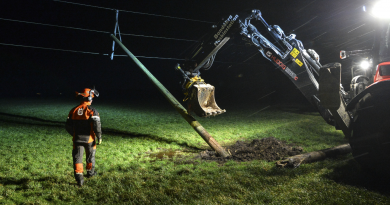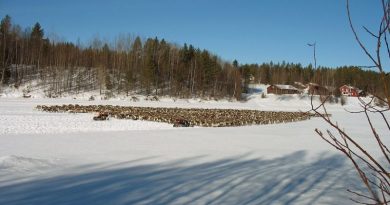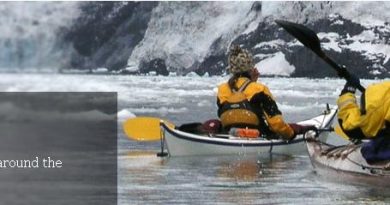Sweden pushes for tougher Russia sanctions

The EU and the USA decided Wednesday evening to strengthen sanctions on Russian interests, with a focus on the crisis in Ukraine. The Swedish prime minister says not all countries wanted tough sanctions.
“Sweden has pushed for this, but other countries are not pushing. The important question is: What can 28 countries agree to?” said Reinfeldt to Swedish Radio News.
EU leaders held a summit in Brussels Wednesday night to discuss sanctions against Russia and also the appointment of top EU posts.
Sweden’s Prime Minister Fredrick Reinfeldt stated in an interview with Swedish Radio that he thinks the EU leaders can agree on a programme of sanctions, despite varying stances towards Russia throughout Europe.
The EU is planning on stopping financing for a string of new projects in Russia, via the European Investment Bank (EIB) and the European Bank for Reconstruction and Development (EBRD).
Reinfeldt said he hopes the sanctions can be broadened to include more people and companies, and thus be able to be more effective.
“We have a list of 11 people and companies, and we are open to a broader definition of who can be eligible for sanctions; not just those who have been directly involved in the decision making around the annexation of the Crimea and eastern Ukraine, but also those who were behind it, who supported the decision makers. This is an important broadening, making more and more feel the threat of sanctions” said Reinfeldt.
More decisions to come
The EU plans can possibly lead to sanctions aimed at oligarchs that support Russian politicians. In the end of July, EU countries will decide more precisely which people and companies will be targeted to, for example, have their financial assets frozen.
During the Ukraine crisis the EU has in the last few months been more cautious with their sanctions than the USA, but according to Reinfeldt this is not so strange, because there are a number of European countries that are very dependent on Russia, not least of all for energy resources and business.
“Partly this indicates that some of the sanctions under discussion hurt us more than Russia. But still countries are prepared to get tougher with the sanctions and with tougher wording,” Reinfeldt said.
But the EU leaders could not agree about the main topic of the summit: the nomination of several important posts, namely a new foreign policy chief and a new president for the EU Council, which is the gathering of heads of state and governments itself.
“It was not possible to put everything together, like usual, there needs to be a balance. It is because this is very delicate. It is about north versus south, about political affiliation, about new member states against those who have been members longer, about men and women. It is important to take into account, as much as possible, this kind of balancing. It did not happen today,” Reinfeldt said.
The next summit of EU leaders is 30 August. And Reinfeldt believes that the issues left unresolved in Wednesday night’s summit will be taken up again then.
Related stories from around the North:
Canada: Feature Interview: Will Russia’s actions in Ukraine affect relations in the Arctic Council?, Eye on the Arctic
Finland: Finland’s PM calls for Russian action on Ukraine, Yle News
Norway: Nordics rethink security after Ukraine crisis, Yle News
Russia: Russia puts countries on edge in the Arctic, Cryopolitics
Sweden: Risks as Russian military planes fly under the radar near, Radio Sweden
United States: U.S. official criticises Russia for meddling in Finland’s NATO, Yle News



